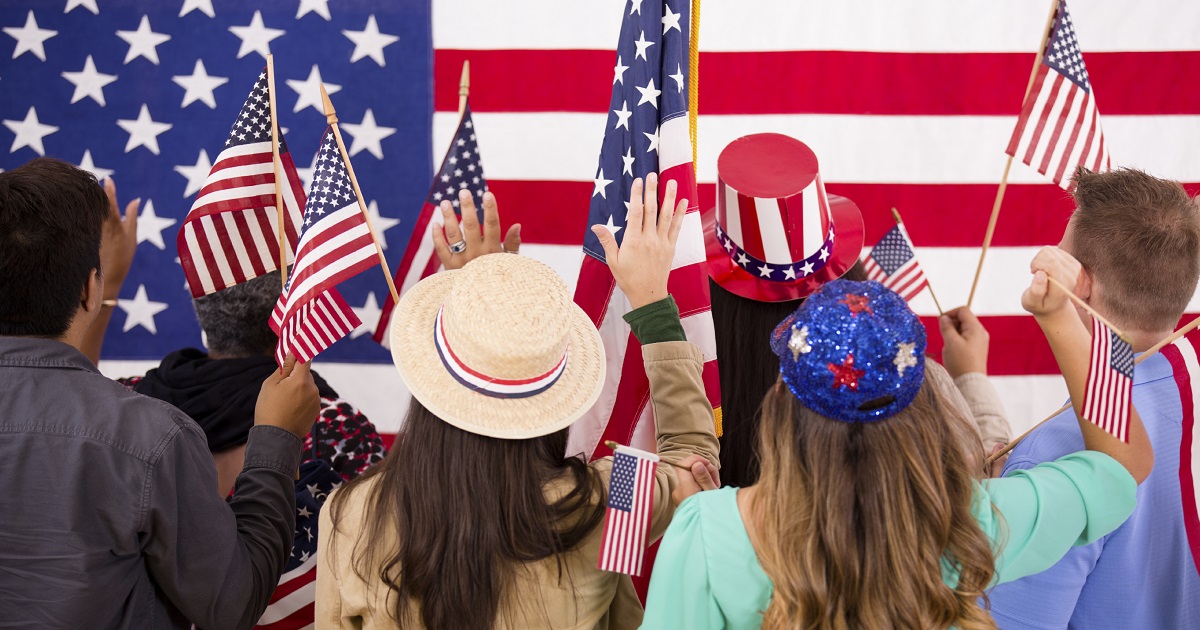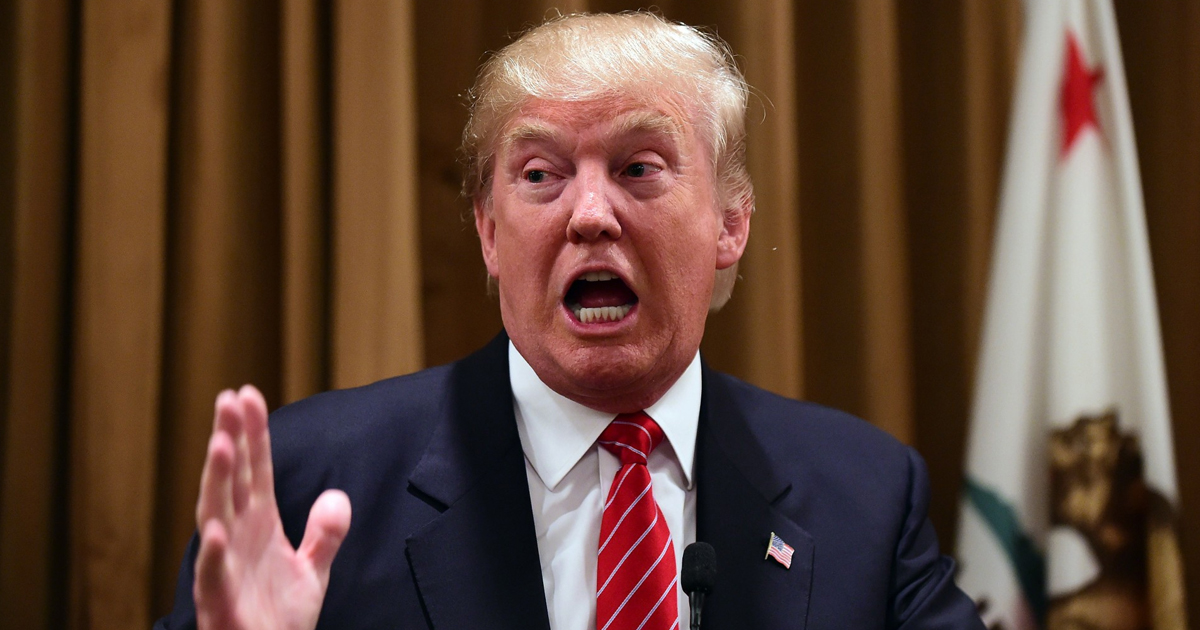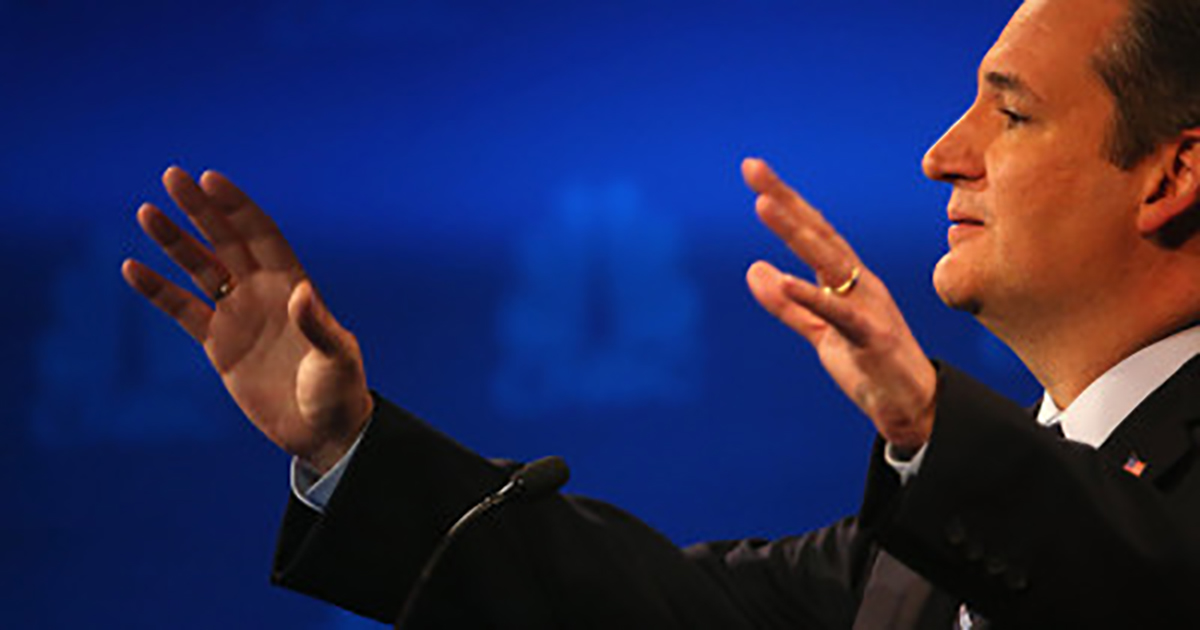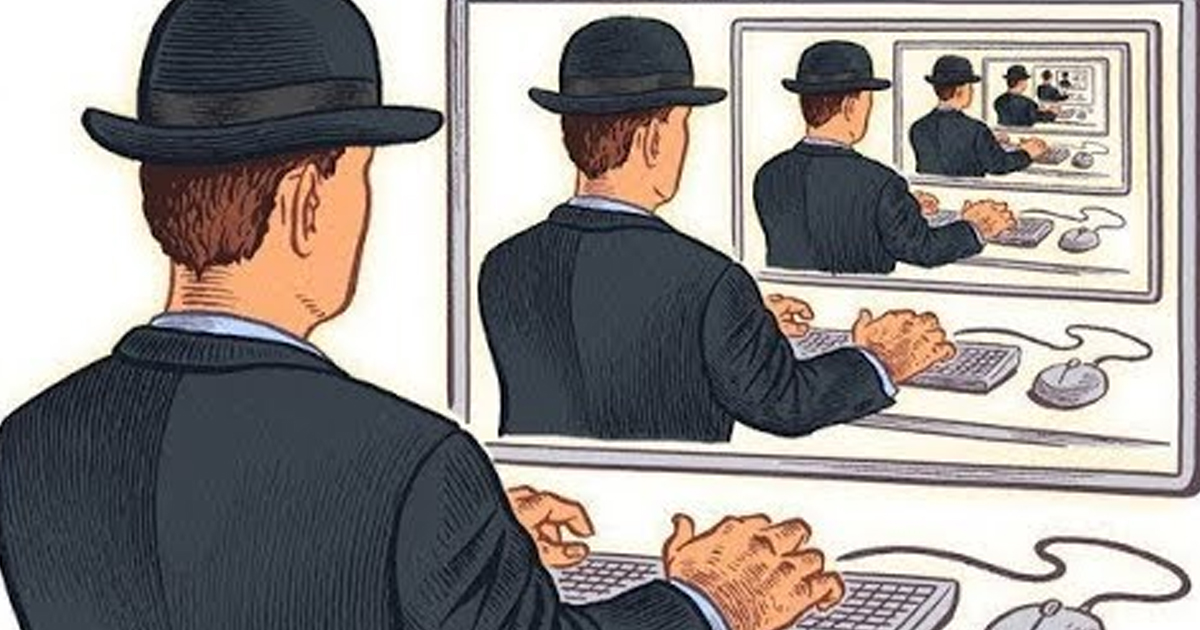Thanks to a wave of political interest surrounding and following President Trump’s victory in November, thousands upon thousands of millennials are ready to run for political office.
It seems that Trump and his position of power have had one strong, encouraging outcome: there are now more than 10,000 millennials ready and willing to run for public office. Whether it be for a seat on the city counsel, occupying a state senate chair, or running for Congressman of a district, young voters are turning into young representatives.
The increase in interest is twofold; for many, they never imagined themselves running for political office. But when the outcome of the election turned out far worse than most expected, many felt they had to do something more.
First, it was the marches and the protests, but in their aftermath, there was a gap. For many, that gap was filled with regular life. They forgot their activism, their outrage. But for many others, that gap was eventually filled with a new ambition – to actually make real change.
Another element of the new turnout is an utter disbelief at Trump’s victory, and the assumption that if he can do it, I can too. This vein runs through the candidacy of many recent special election candidates like Rob Quist and Randy “Iron Stache” Bryce. Though not millennials, they, too, were inspired to run because of the low bar set by Trump.
As the millennial voting block enters the majority, the need for these young voters to take their place in political office grows. In past elections, millennials were still considered a low-turnout population. Now, though, with each passing election, the voting bloc grows more and more powerful.
The infrastructure for young candidates has grown quickly, with activist and funding groups like Run for Something leading the way. Run for Something focuses on exclusively millennial candidates, boasts a strong list of progressive, young candidates who are eager and ready to begin chipping away at the establishment and the Republican party as a whole. The organization seeks out a diverse group of candidates who run in up-ticket and down-ticket races across the country.
Other groups, like She Should Run focus specifically on recruiting young women to make their mark in political office in the wake of Clinton’s loss and the unprecedented misogyny of the current administration. She Should Run came out of the strong activism of the women’s march when millions of women and allies across the country marched in opposition to Trump’s presidency and the culture that enabled him.
The majority of millennials’ major associations with the presidency is Barack Obama, the two-term winner who instilled a sense of forward progress in America. As such, many millennial voters were floored to see that progress isn’t always forward marching, but sometimes takes many steps back. Their attempts to run for office is an attempt to restore the order, and begin marching forward again.





